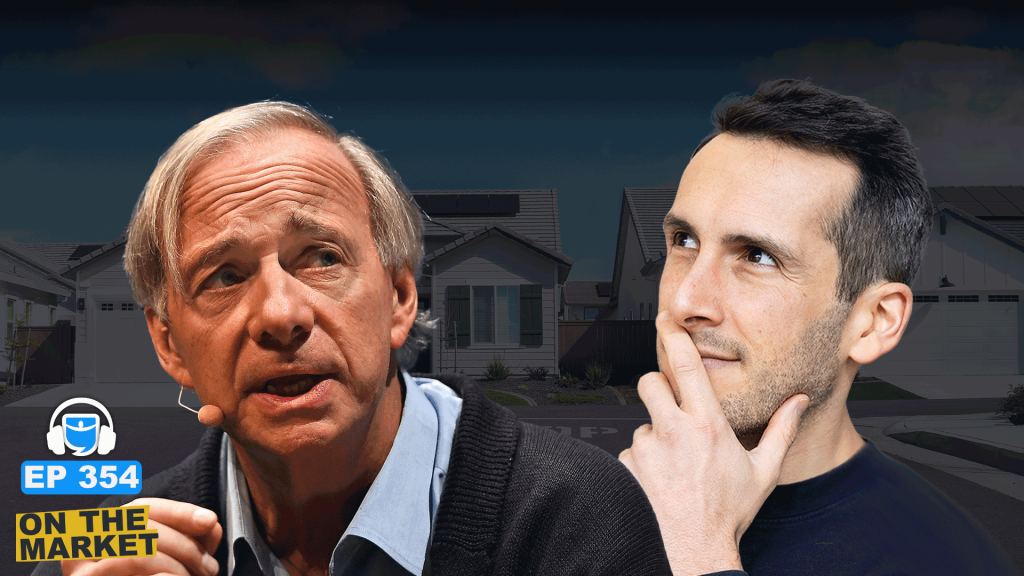Ray Dalio Sounds Alarm on Real Estate Market Risks
In a stirring examination of the current economic landscape, Ray Dalio, founder of the world’s largest hedge fund, Bridgewater Associates, has issued a cautionary message regarding the evolving risks within the real estate market. His insights come at a time when investors, homeowners, and market analysts are navigating an environment fraught with volatility and uncertainty.
A Shifting Economic Environment
Dalio’s concerns are rooted in the broader economic trends that have been reshaping financial markets. Central to his analysis is the interplay between rising interest rates, inflationary pressures, and geopolitical tensions, all of which have contributed to creating a precarious balance in global economies. These factors, he argues, are exerting significant pressure on real estate, affecting both commercial and residential segments.
Interest Rates and Affordability
One of Dalio’s key points revolves around the impact of rising interest rates. As central banks, notably the Federal Reserve, have pivoted towards tighter monetary policies in response to surging inflation, borrowing costs have surged. This development poses a twin challenge for the real estate market: reduced affordability for homebuyers and increased costs for developers and existing property owners refinancing their mortgages.
“This cycle of rising rates can have a ripple effect,” Dalio elaborates, “making it more difficult for individuals to enter the housing market, which, in turn, dampens demand and can lead to price corrections.”
Commercial Real Estate Under Pressure
Dalio also highlights the vulnerabilities in the commercial real estate sector, which has already been battered by the COVID-19 pandemic’s long-term impacts. The transition to remote work models and the subsequent reevaluation of office space needs have left urban commercial properties especially exposed. With companies adapting to flexible work arrangements, the demand for traditional office space has waned, posing a potential risk for investors in these assets.
Furthermore, as industries increasingly focus on sustainability and adaptability, properties not aligned with these values might struggle to find tenants or buyers, adding additional layers of uncertainty within this market segment.
Geopolitical Concerns
Geopolitical issues, including tensions between major economic powers and ongoing conflicts, are additional variables that could influence the real estate landscape. Dalio advises caution, noting that volatility in international relations can disrupt global markets, influence capital flows, and ultimately affect property values.
The Importance of Diversification and Due Diligence
In light of these risks, Dalio advocates for investors to exercise heightened due diligence and consider diversification strategies to mitigate potential negative impacts. While real estate has traditionally been a cornerstone of investment portfolios due to its perceived stability and income-generating potential, the current environment requires a reassessment of assumptions and strategies.
Conclusion
Ray Dalio’s alarm on the real estate market serves as a valuable reminder of the interconnectedness of global economic factors and their potential to impact asset classes traditionally viewed as stable. As the world continues to navigate these uncertain times, stakeholders in the real estate market would do well to heed his warnings, engaging in strategic planning and embracing flexibility to weather potential storms on the horizon.

